News Archive
-

When USC President C. L. Max Nikias gave the USC School of Social Work a goal of $75 million as part of the $6 billion Campaign for the University of Southern California, Dean Marilyn Flynn initially thought it might be a good time for her to retire. “Then I thought, what if we actually did it?” she said. “Wouldn’t that be something!”
-
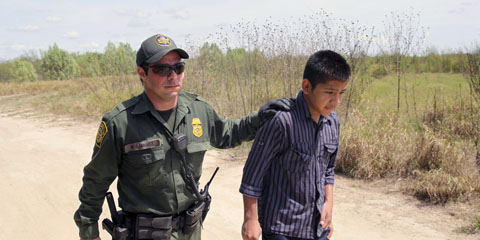
They crowd onto the roofs of trains and buses. They cross miles of open desert in the blistering sun. They face robbery, rape and violence.
It’s a dangerous and traumatic journey for many unaccompanied children and adolescents heading north from Central America toward countries like Mexico and the United States. But it’s a risk they are willing to take to escape one of the world’s deadliest regions.
-
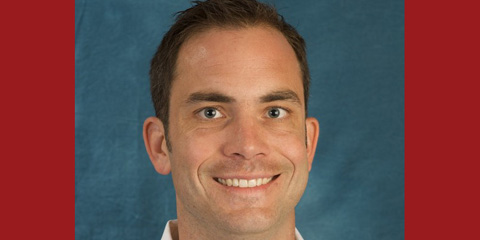
At the beginning of June I attended the second Policy Briefing to End Youth Homelessness at the White House, co-sponsored by True Colors Fund. I can not speak for everyone who attended the event, but for me the highlight of the day was hearing a panel of youth speak about their experiences struggling to overcome homelessness. As one young man put it, “nobody chooses being homeless.” And I think that is the first thing that people need to understand about youth homelessness. These young people do not want to be on the streets.
-
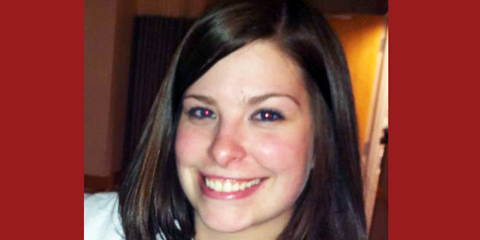
While all our field placements offer the chance for our Master of Social Work students to engage in real-world client services, sometimes those opportunities collide with something larger.
-
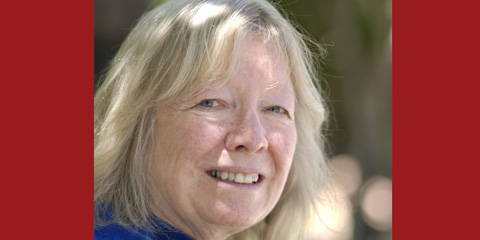
Penelope Trickett, the David Lawrence Stein/Violet Goldberg Sachs Professor of Mental Health at the USC School of Social Work, died July 15 in San Pedro, California, of complications from heart failure. She was 73 years old.
“This is indeed a sad moment,” said William Vega, provost professor at USC and executive director of the USC Edward R. Roybal Institute on Aging. “We have lost a truly dedicated and talented colleague who gave everything for the important social justice issues she was committed to.”
-
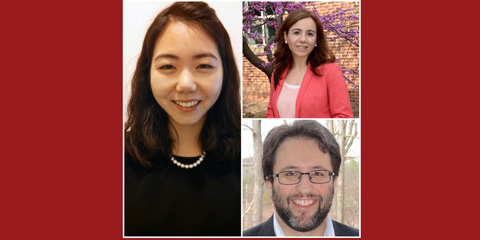
A trio of new assistant professors joining the USC School of Social Work this fall is continuing the school’s trend toward diverse and interdisciplinary scholarship.
Daniel Hackman, Mónica Pérez Jolles and B.K. Elizabeth Kim have multifaceted research interests that range from exploring how early life socioenvironmental factors influence later risk of psychopathology and health problems to examining how to improve services and opportunities for vulnerable children and their caregivers.
-
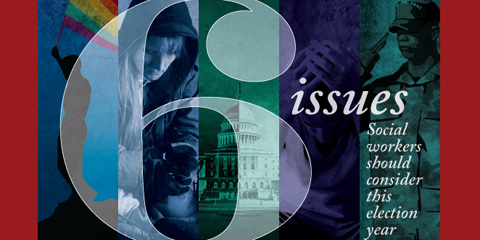
Although U.S. primary voting is coming to an end, our election season is far from over. This fall, voters will decide everything from who will represent them at the local level to who will occupy the Oval Office as the next president of the United States.
We asked faculty at the USC School of Social Work about the issues they thought social workers should be considering when going to the polls. Here are six topics our social workers thought should be top-of-mind:
-
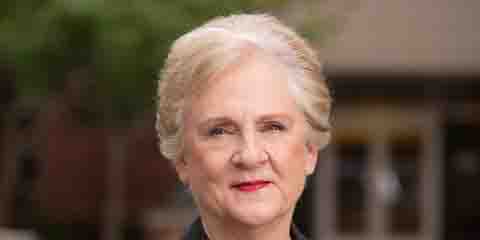
Marilyn Flynn has been reappointed dean of the USC School of Social Work for a new five-year term.
Flynn, the 2U Endowed Chair in Educational Innovation and Social Work, has served as dean of the school since 1997, becoming just the second woman to hold this position in the school’s nearly 100-year history.
-
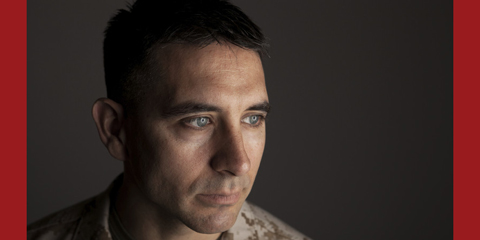
The Center for Innovation and Research on Veterans & Military Families (CIR) has received funding to launch an indepth study assessing the needs of veterans in the Bay Area, particularly the military-to-civilian transition issues facing LGBT veterans.
Thanks to support from the Wells Fargo Foundation and Deloitte LLP, the San Francisco Veterans Study will poll 1,000 veterans on such topics as transition challenges, employment, finances, housing, health and access to services.
-
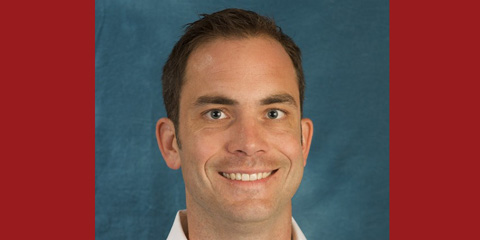
A few weeks back I was at a drop-in center for homeless youth and I observed the following between a homeless youth and his dog.
“Nina, sit.” Dog sat.
“Nina, down.” She flattened to her belly.
“Nina, crawl.” She scooted forward a few feet on her belly.
“Nina, shake.” Nina popped up and shook Sam’s hand with her left paw.
“Nina, other paw shake.” Right hand shake.
“Good girl, Nina!!”
I turned to my student Amanda who owns three dogs and said, “My dog could never do that.”
“None of mine can,” was her emphatic reply.